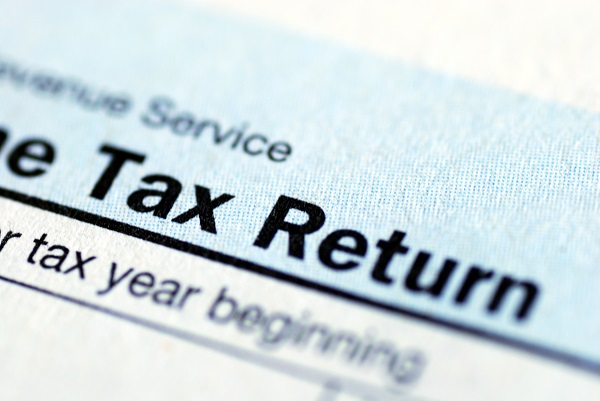Divorce sometimes has its bittersweet moments. That certainly applies to payments of spousal maintenance for both the payer and the recipient because of the tax implications.
For the party making maintenance payments, the bitterness of parting with your income is sweetened by the fact that the payments are generally tax deductible. This is true whether or not that person itemizes deductions. Internal Revenue Service Form 1040 contains a line for deduction of alimony payments as an adjustment to income. Therefore, if one must pay $10,000 per year in spousal maintenance and is in the 28% tax bracket, the effective payment is $7,200.
The recipient of maintenance experiences the sweetness of getting extra money but also the bitterness of having to pay income tax on the money at the end of the year. Maintenance is taxable income. Generally, the person receiving the maintenance payment is in a lower tax bracket than the person paying it, so both parties experience some tax savings from this exchange. For spousal maintenance to be treated deductible by the payor and includible as income to the recipient, certain IRS criteria must be met:
- The divorced or separated parties must not file a joint tax return.
- The payments are in cash, which includes checks, money orders, and electronic transfers.
- The payment is actually received by or on behalf of the party to whom awarded.
- The divorce or separate maintenance decree does not state that the payments are not spousal support.
- The parties are not members of the same household when the payment is made.
- The liability to pay terminates with the death of the recipient.
Certain types of payments other than a cash payment to the former spouse can also qualify as spousal maintenance. For example, payments to a third party on behalf of the spouse for things like medical expenses, housing costs, and taxes may be claimed. Life insurance premiums on a policy covering the payer’s life but owned by the former spouse may also be considered maintenance under federal tax laws. One-half of mortgage payments on a jointly owned home also qualifies if the divorce decree orders the payments. Real estate taxes and insurance on the home may also be claimed at 50 percent.
As with most details of a divorce, the taxability of spousal support can get complicated. It is important to consult with an experienced family law attorney and tax advisor before reaching a negotiated agreement.


